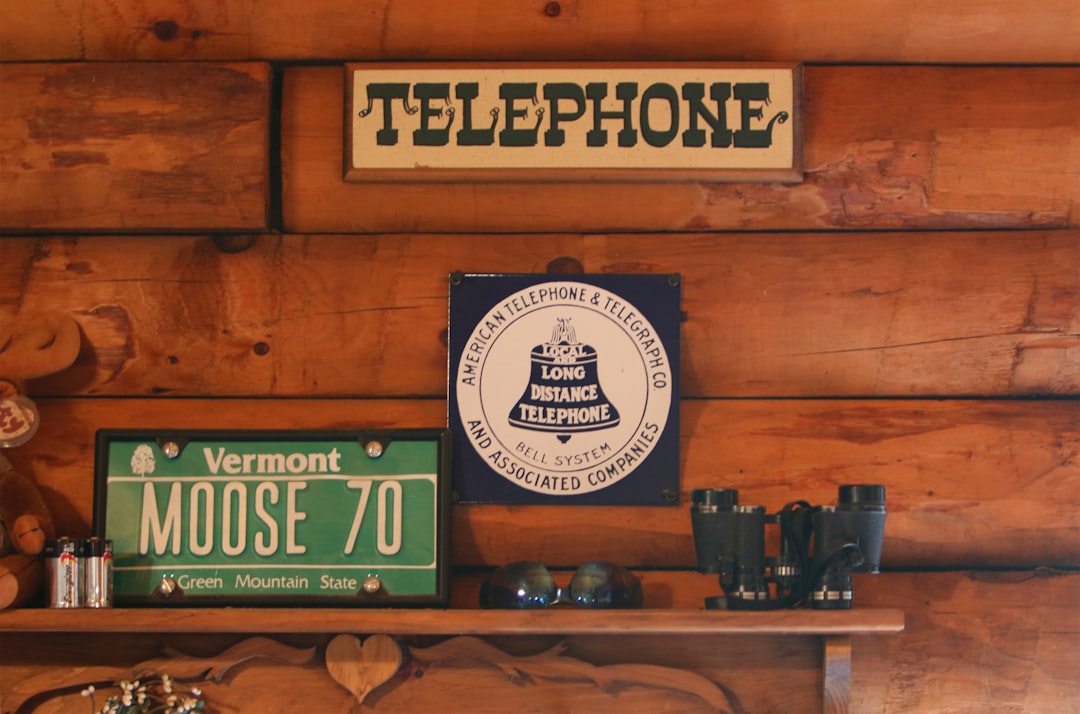Telemarketing scams are on the rise in Billings, Montana, with con artists targeting residents through deceptive calls offering false investments, charity, or tech support. To combat this, community education and awareness are crucial. Residents should learn to recognize common scam tactics, report suspicious activities, understand "Do Not Call" laws, and register their numbers nationally. By staying informed and reporting violations to Montana's do-not-call lawyers, communities can protect themselves and deter scammers, especially targeting vulnerable populations.
In the bustling city of Billings, Montana, community awareness plays a pivotal role in combating telemarketing scams. With cunning schemes evolving rapidly, it’s crucial for residents to stay informed and vigilant. This article delves into understanding common telemarketing scams targeting Billslings, highlighting the power of collective action through increased awareness. We’ll explore practical strategies, including how to recognize fraudulent calls, report them effectively, and protect yourself from these deceptive practices—all without relying on legal intervention.
Understanding Telemarketing Scams in Billings, Montana

In Billings, Montana, telemarketing scams have become an increasingly prevalent issue, with con artists leveraging phone calls to target unsuspecting residents. These schemes often involve false promises, high-pressure sales tactics, or even threats, aimed at convincing victims to share personal and financial information. Common scams include investment frauds, charity impostors, and tech support hoaxes. One notable tactic is the “Do Not Call” law bypass, where scammers target individuals who have registered on state-mandated do-not-call lists, ensuring their calls don’t get blocked.
Community awareness plays a pivotal role in combating these scams. Educating residents about the various forms telemarketing fraud takes and how to recognize suspicious calls empowers them to protect themselves. By sharing information through local news outlets, community events, or social media groups, Billings citizens can stay informed about emerging scams targeting their area. Additionally, reporting suspected fraudulent activities to local law enforcement or consumer protection agencies assists in tracking down and prosecuting these criminals, ultimately making the community safer from telemarketing fraud.
The Role of Community Awareness in Prevention

Community awareness plays a pivotal role in combating telemarketing scams, including those targeting residents in Billings, Montana. By educating citizens about common scam tactics and signs to look out for, individuals become better equipped to protect themselves and their neighbors. This proactive approach empowers folks to recognize suspicious calls or messages and take appropriate actions, such as reporting the incident to local authorities or consumer protection agencies.
When community members are informed about Do Not Call laws and legal protections available in Montana, they can assert their rights and discourage scammers from targeting them. This collective effort fosters a safer environment, reducing the likelihood of individuals falling victim to telemarketing scams. Through shared knowledge and vigilance, communities can create a robust defense against these deceptive practices, ensuring that everyone is protected.
How to Report and Protect Against These Fraudulent Practices

In Billings, as across the nation, community awareness is a powerful tool in combating telemarketing scams. The first step in the fight against fraudulent practices is to empower individuals with knowledge. Educate yourself and your neighbors about common scam tactics, such as urgent requests for payment or personal information, and the signs of legitimate companies versus fake ones. Encourage friends and family to be vigilant, especially the elderly who might be more susceptible targets.
If you suspect a telemarketing call is fraudulent, don’t hesitate to act. Document the incident, including the caller’s number and script, then report it to local law enforcement or the Montana Attorney General’s Office. Additionally, register your phone number on the National Do Not Call Registry to limit unwanted calls. Remember, if it seems too good to be true, it likely is—and reporting these practices can help protect others from falling victim to scams. Consider the benefits of joining community-led initiatives that share information and support one another in recognizing and avoiding fraudulent activities, reinforcing a collective defense against these malicious practices.






